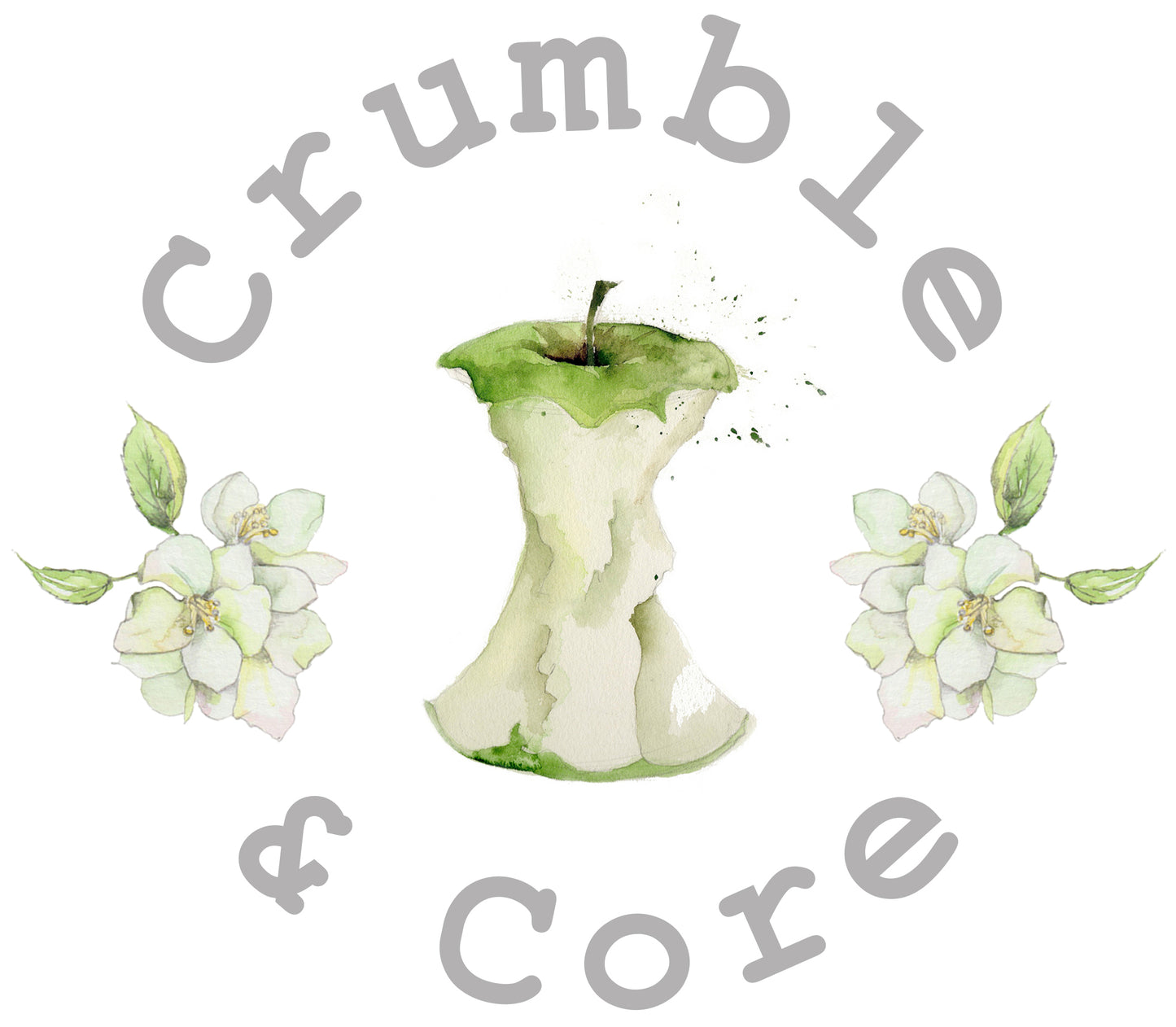
Cards now offer a way to slow down, be thoughtful, and connect in a world that moves too fast. Whether it's a simple thank-you or words of comfort, a card still means something real.
Explore our full collection of handcrafted, eco-friendly greeting cards here.
A Brief History of Greeting Cards
Long before texts and emails, people sent handwritten messages to share love, celebrate life, and offer support. The story of greeting cards spans centuries — and cultures — evolving into the beautifully designed pieces we cherish today.
📜 Ancient Origins
The earliest known greeting messages date back to ancient Egypt and China, where handwritten scrolls and notes were exchanged for good luck, blessings, and New Year wishes.
In ancient Rome, people celebrated the New Year by giving each other greetings on parchment. These early traditions paved the way for the greeting card as we know it.
💌 The Rise of Paper Cards in Europe
By the 15th century, Europeans were exchanging handmade cards, particularly for Valentine’s Day. These cards were often decorated with lace, pressed flowers, or intricate calligraphy — a true craft.
The invention of the printing press in the 1400s made cards more accessible, and by the mid-1800s, mass-produced cards became a popular and affordable way to connect with others.
🎄 Christmas and Commercial Growth
The first commercial Christmas card was created in 1843 by Sir Henry Cole in the UK. It featured a festive family scene and sparked a trend that would grow into a multi-million-pound industry.
By the early 20th century, greeting card companies were booming — creating cards for birthdays, weddings, sympathy, and just about every occasion.
🌍 Modern-Day Greeting Cards: Personal Meets Planet-Friendly
Today, greeting cards are more diverse than ever — from heartfelt handwritten notes to witty, artistic expressions. At Crumble & Core, we honour the art of a handwritten message, blending British illustration with eco-friendly materials.
